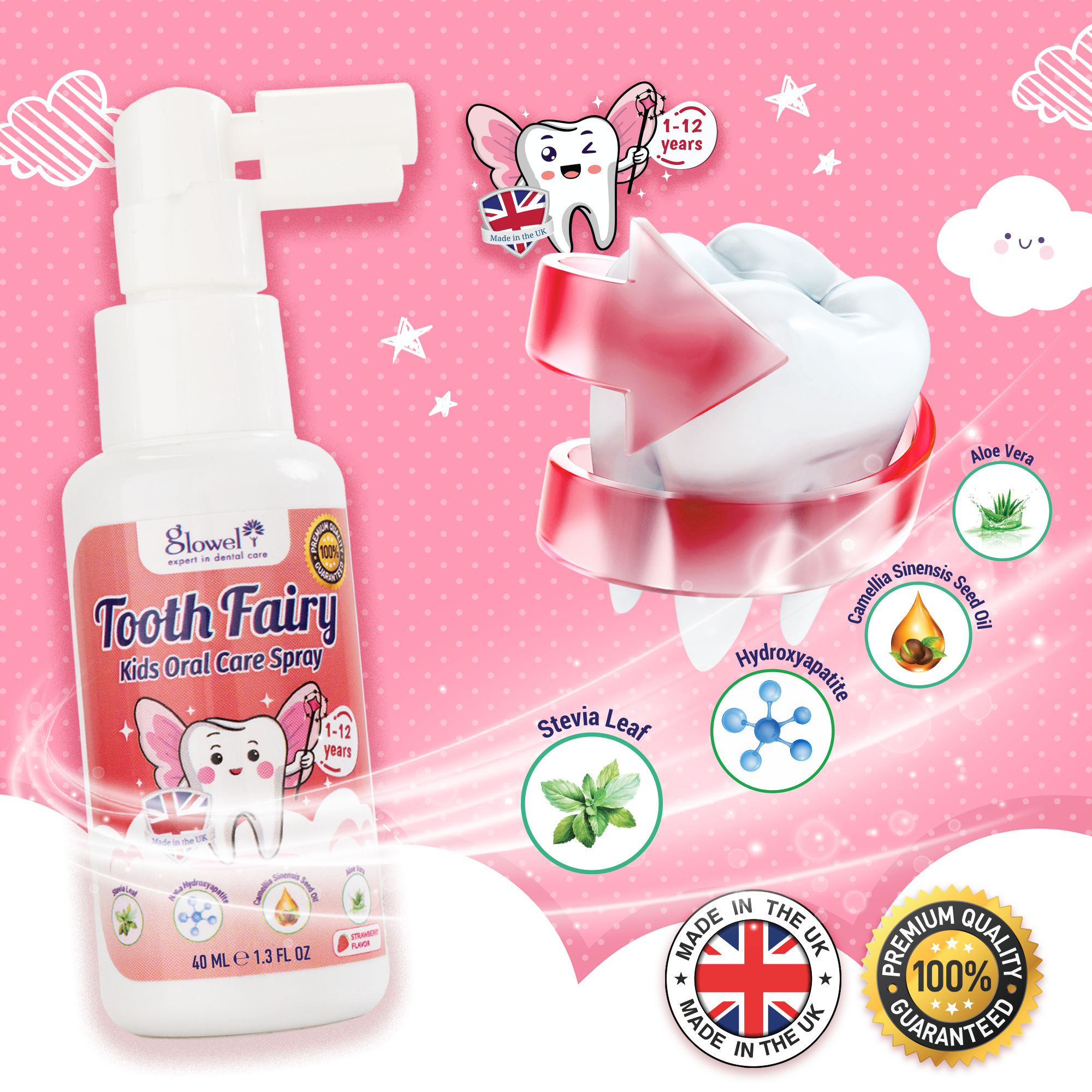Like most people, you probably use your toothbrush regularly to help maintain good oral hygiene. Even those who practice good oral hygiene habits may need to remember to change their toothbrush regularly, or you may not think it makes a difference.
You may notice over time how the bristles become bent and how effective it is at cleaning your teeth. This is one of the many indicators that it’s time to change your toothbrush.
Let’s look at the various reasons why it is essential to replace your toothbrush every 3 to 4 months and what can happen if you don’t.
TOP REASONS WHY IT IS IMPORTANT TO CHANGE YOUR TOOTHBRUSH REGULARLY
Whether or not you think it’s essential to change out your toothbrush regularly, we want you to know that it can increase the risk of developing oral health issues. You may already know some of these reasons, and some may surprise you.
#1. WORN BRISTLES
Brushing your teeth correctly is vital to maintain good oral health. If your toothbrush is visibly worn, the bristles are curved and likely lose stiffness. You may not even realize how worn your toothbrush and bristles have become unless you look closer. The reason this is important is that the job of bristles on your toothbrush is to clean your gums gently and effectively. Once the bristles become worn down, they are abrasive on your gums.
While this may seem like only a minor issue, it can cause damage in the long run. Using a toothbrush with worn-out bristles for long periods can cause your gums to become inflamed due to the abrasiveness of the bristles. Unfortunately, this can lead to premature gum recession, plaque building up on your teeth, and gingivitis.
The condition of the toothbrush bristles is essential, as is the bristles angle. The bristles need to be in an upright position to effectively clean your teeth properly to ensure that plaque, food, and debris are effectively removed to help prevent tooth decay.
#2. BUILD-UP OF BACTERIA ON THE TOOTHBRUSH
One of the biggest reasons you don’t want to use your toothbrush for over three or four months is to avoid excessive bacteria buildup. Brushing your teeth removes bacteria, dental plaque, and food and maintains good oral health.
When you don’t change out your toothbrush regularly, it can develop bacteria which can be transferred from your toothbrush to your mouth. This bacteria isn’t visible to the naked eye, and it is unlikely that you would even notice it. Certain bacteria are also linked to gum disease and other oral health issues, so regularly changing your toothbrush is best to avoid this risk.
#3. THE LIFESPAN OF YOUR TOOTHBRUSH
In general, most people use their toothbrush at least once, if not twice a day. Eventually, your toothbrush will no longer be adequate for cleaning your gums, teeth, and tongue. Usually, the bristles grow soft and become frayed, making it challenging to clean your teeth thoroughly and effectively.
Most manufacturer guidelines indicate that toothbrushes must be replaced every 12 to 16 weeks and suggest how to care for your toothbrush. One easy way to track your toothbrush replacement is to mark it on your calendar. Another tip is to purchase four toothbrushes at a time so you have them on hand when it is time to change them.
#4. PREVENT REINFECTION AFTER ILLNESS
Certain viruses and bacteria, like the ones that cause strep throat, the flu, or the cold, can live on your toothbrush. So after you’ve been sick, get a new toothbrush instead of using the same one and possibly reinfect yourself.
#5. MOLD GROWTH
Some people keep their toothbrushes in a covered container or shower. While you may think that you are protecting your toothbrush from germs by keeping it covered, what is happening is it doesn’t have time to air dry. This can lead to mold growth, so it is essential to change your toothbrush regularly and store it in a way that allows it to dry out between uses.
#6. POSSIBILITY OF INGESTING POOP
I think we can all agree this is pretty gross. Depending on how close your toothbrush is to the toilet, what kind of toilet you are losing, and whether or not you close the lid before you flush, your bathroom can release fecal particles into the air every time you wash. A study showed that more than 60% of toothbrushes were contaminated with fecal matter. If this doesn’t make you want to change your toothbrush regularly, I don’t know what will.
We can all agree that maintaining good oral hygiene is critical for the long-term health of your teeth and gums.



